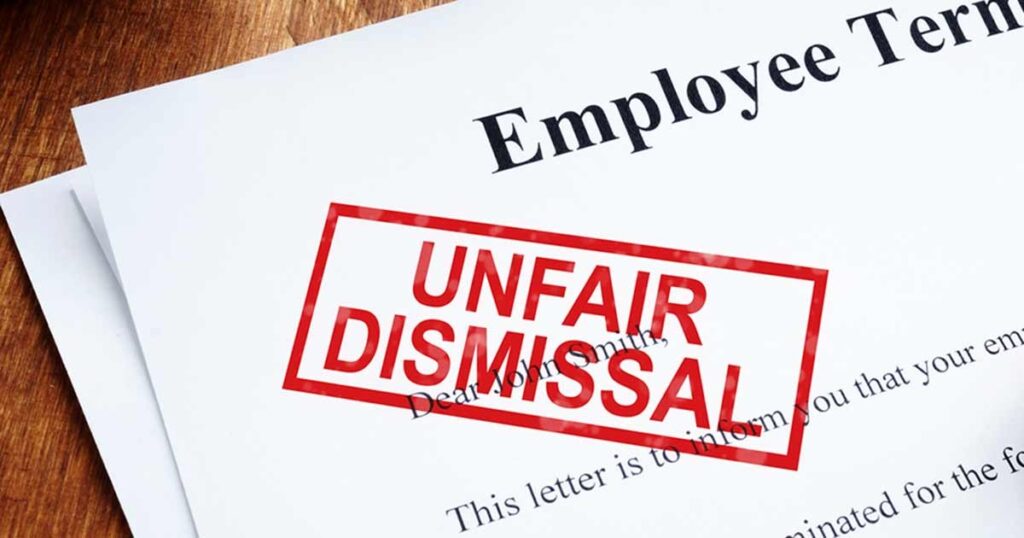The Board of Trade is responsible for administering the employee relations service in Canada. Its mandate is to foster an industrial relations climate that promotes health and safety standards in the workplace. Its mandate includes the administration of rules of conduct for employee relations, labour, and management under the Canada Labour Code. The Wage Earner Protection Program Act is another major mandate of the Board of Trade. If you are looking for an employee relations service in Canada, read on.
Articles governing employee relations in canada
The federal government is responsible for administering the Canadian labour code and is responsible for investigating complaints of unfair labour practices. There are a variety of statutory provisions regarding the role of the federal mediation and conciliation service, which works to assist both employers and unions with collective bargaining and executive compensation. Both organizations are under the authority of Employment and Social Development Canada, and their mandates are specified in the statutes. The Canadian Human Rights Act and the Canada Labour Code are referenced in the Articles governing employee relations service in Canada.
The Public Service Employee Relations Act does not recognize the right to strike, which is protected by article 22 of the Covenant. However, it does allow states to determine how to implement trade union rights, despite the fact that they conflict with Articles governing employee relations service in Canada. The Public Service Employee Relations Act, for example, is contrary to article 22, paragraph 1 of the Covenant and violates the Human Rights Charter of Canada.

Functions of the board
The industrial relations board is a statutory body in Canada that regulates the relationship between employers and employees. Its mandate is to promote a harmonious industrial relations climate in federally regulated sectors and to improve workplace health and safety. Its mandate includes the administration of rules of conduct for employees, labour, and management.
The Board must recognize the rights of employees within its bargaining unit. If the bargaining agent fails to do so, the Board must apply the conciliation process. If the bargaining agent does not comply, the Board will apply the conciliation process, which can be a lengthy process. The bargaining agent and employer may be able to reach a settlement through the conciliation process. The bargaining agent must also notify the Board of the dispute resolution process.
Requirements of an effective system of collective bargaining
Whether a union represents employees or not, collective bargaining is an important tool for negotiating a better work-life balance. Unlike individual cases, collective bargaining is a continuous process that offers a vehicle for a long-term relationship between an administration and trade union. Collective bargaining is a two-party process, with the parties involved negotiating directly with each other.
A union must provide fair representation to all union members and employees in the bargaining unit. This includes those workers who are not members of a union, and non-union members in public service units. Collective bargaining can be an effective means to resolve disputes among employees, but if it is not, then it is often considered an inadequate way of addressing employee concerns. In order to maintain a strong union, employees must be able to communicate their concerns to the bargaining agent.
The fundamental requirement of an effective collective bargaining system is that both sides must be competent to negotiate and enter a collective labour agreement. Only recognized unions have the right to organize collective actions, and such actions must aim to frame a new or revise an existing agreement. Unions and employers have the responsibility to bargain prior to collective actions. In addition, Code of Obligations article 357(a)(2) stipulates that both parties must maintain peace and refrain from collective actions.

Organization of the board
There are several levels of organizational governance at Statistics Canada, including the Public Service Labour Relations Board and the Public Service Staffing Tribunal. These bodies are responsible for resolving staffing issues and labour relations complaints among federal public servants. The board has three distinct functions: to formulate and implement policy and procedures to promote diversity and inclusion, to monitor compliance with existing equity programs, and to develop initiatives to achieve these goals.
The Board of Trade is a quasi-judicial tribunal with the mandate to contribute to the harmonious industrial relations climate in federally regulated sectors, as well as to the promotion of labour and health standards in the workplace. As such, it administers rules of conduct governing employees, management, and labour that fall under the Canada Labour Code. Moreover, it also hears appeals under the Wage Earner Protection Program Act.

